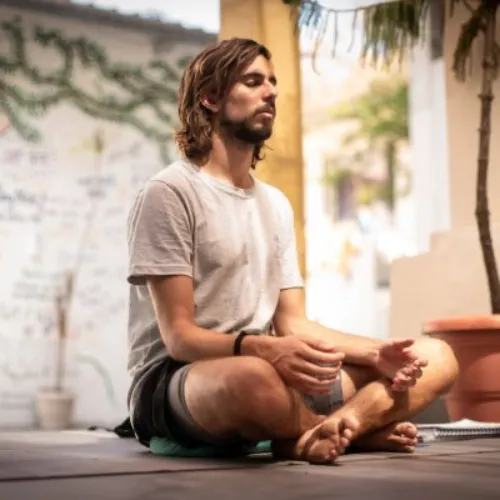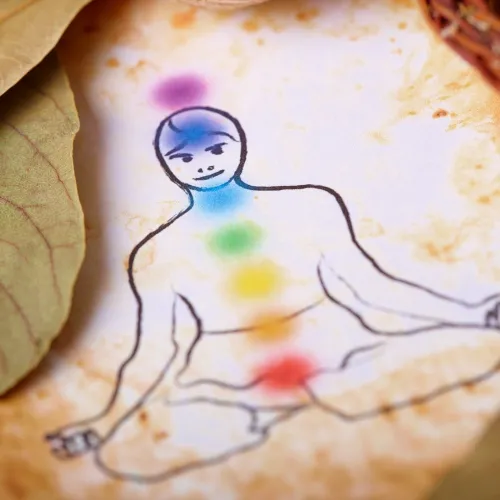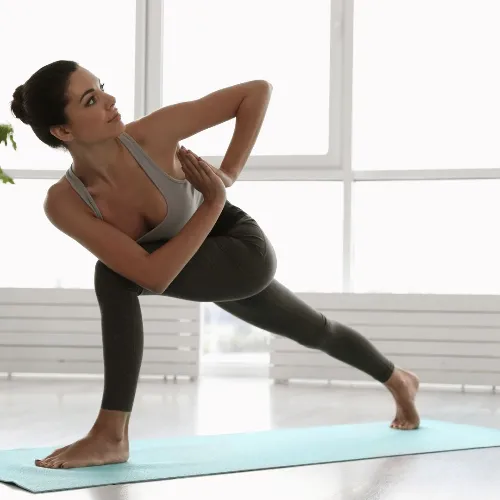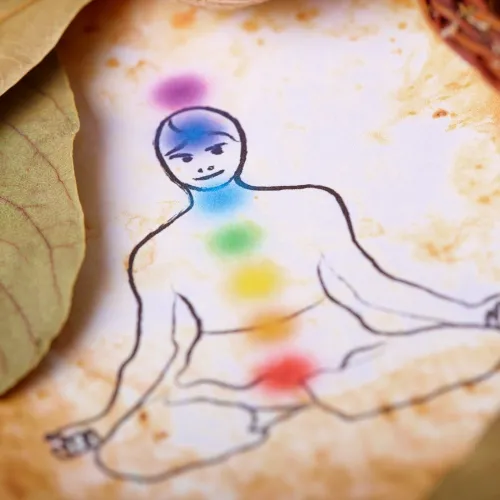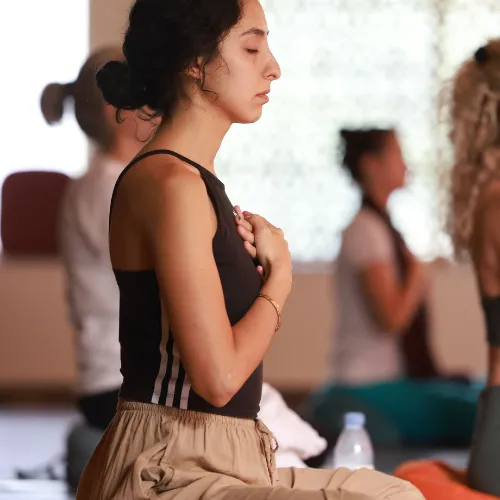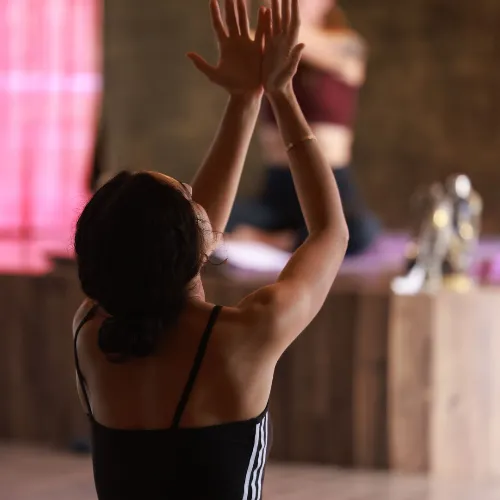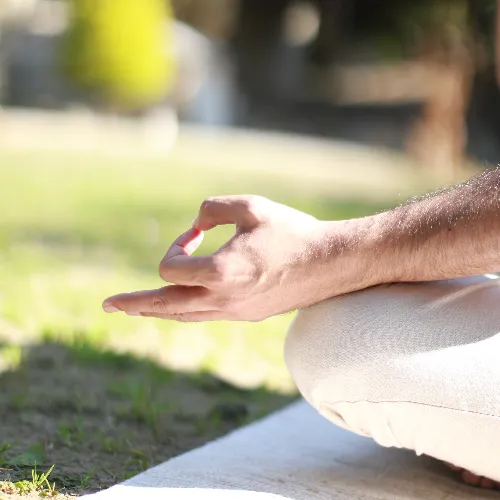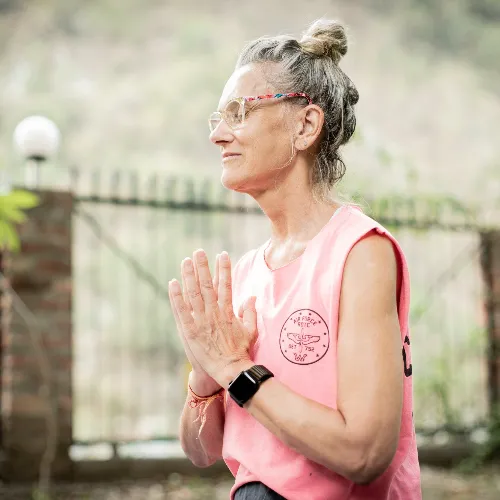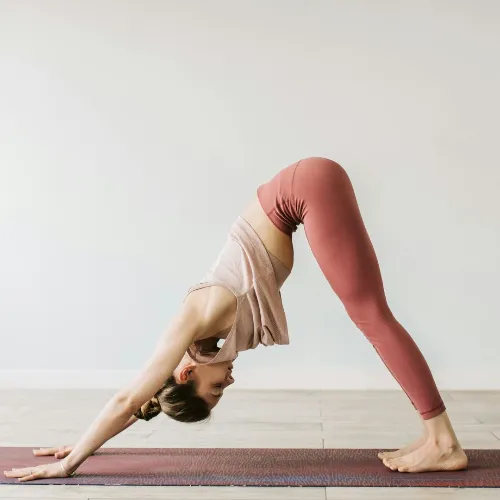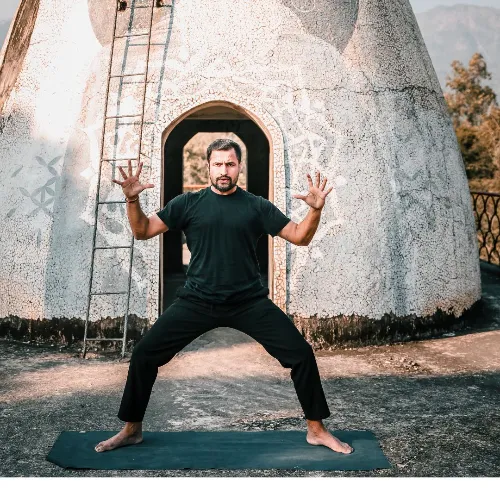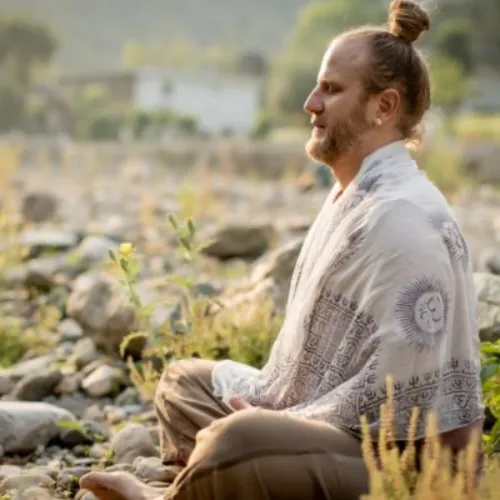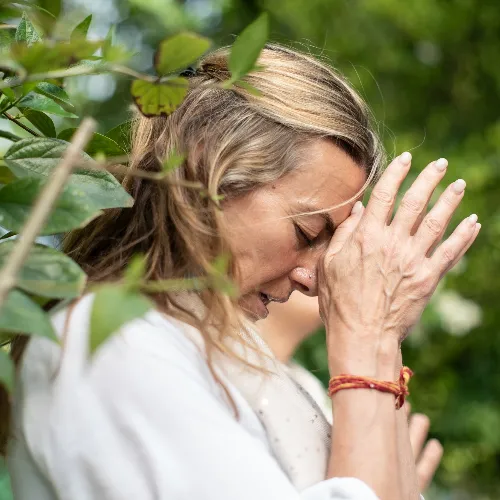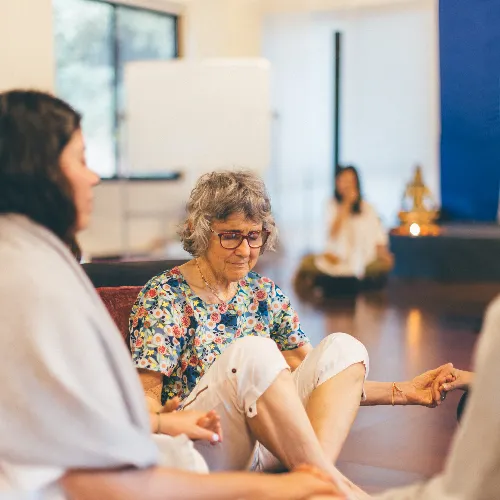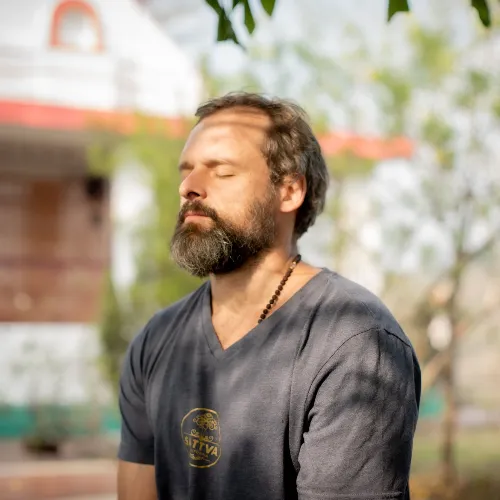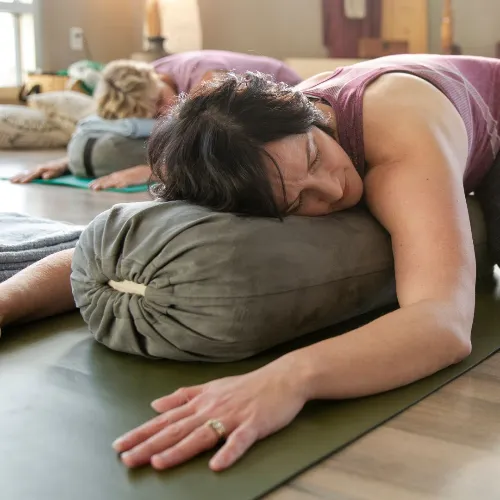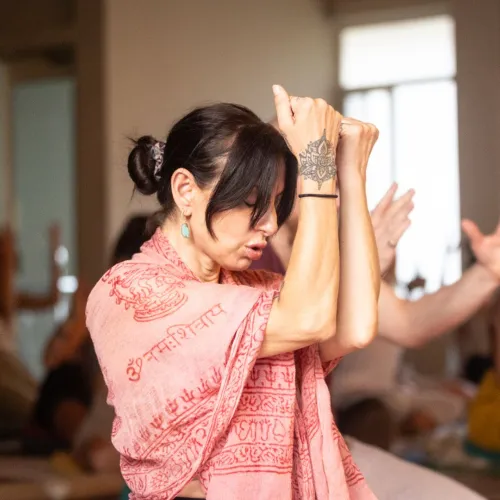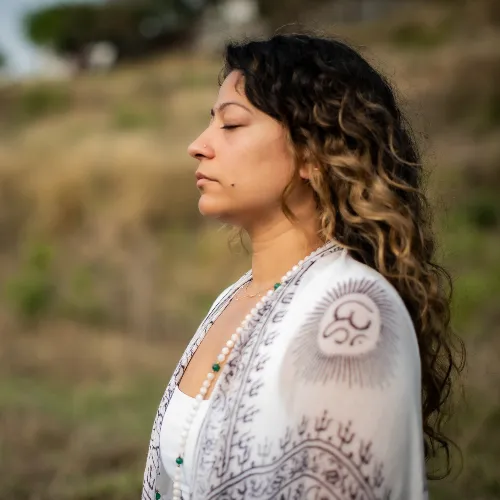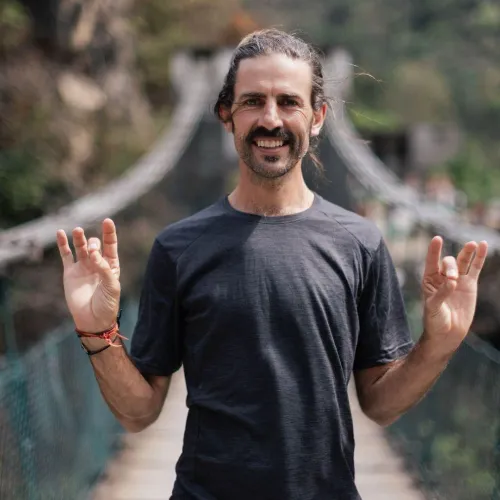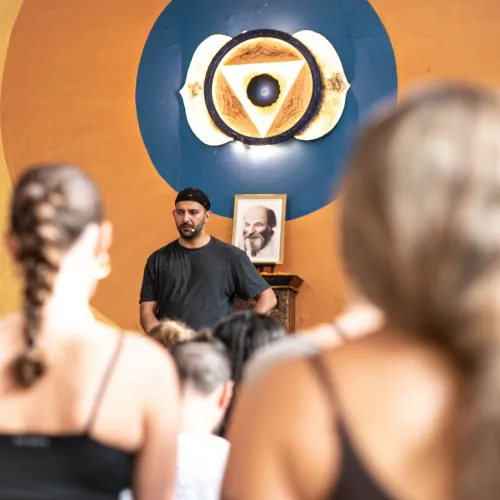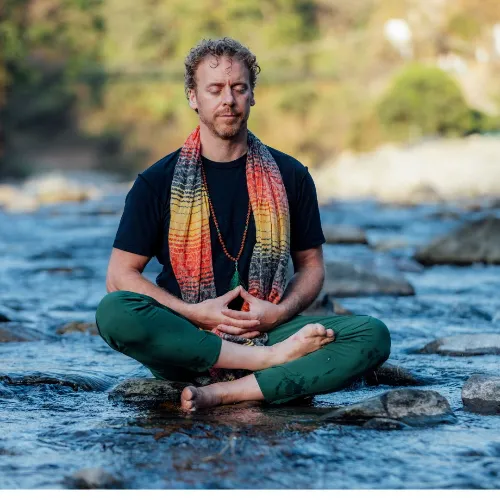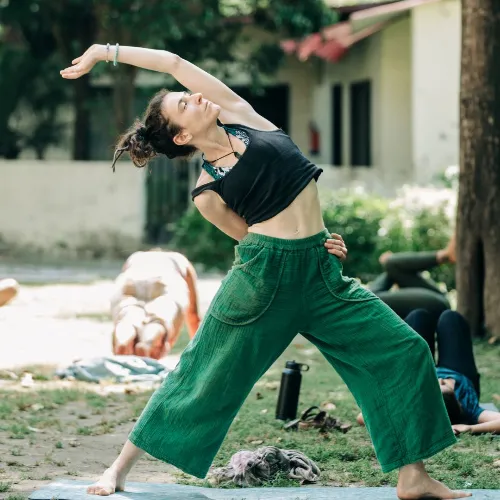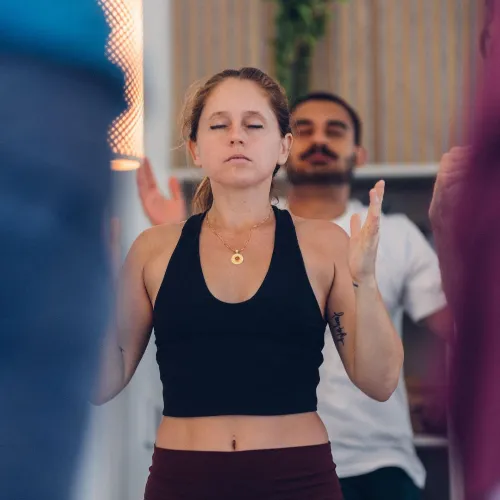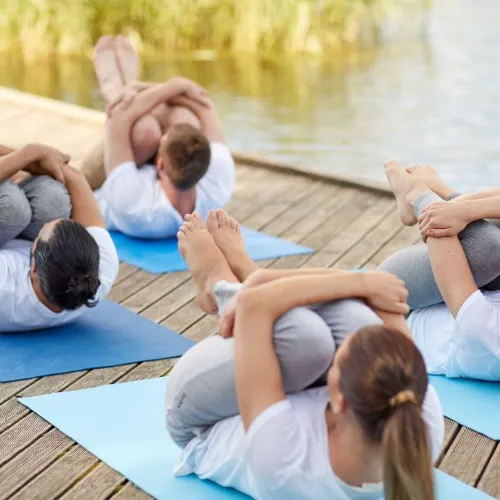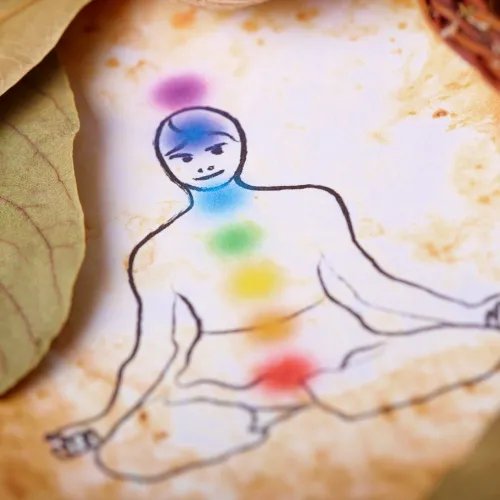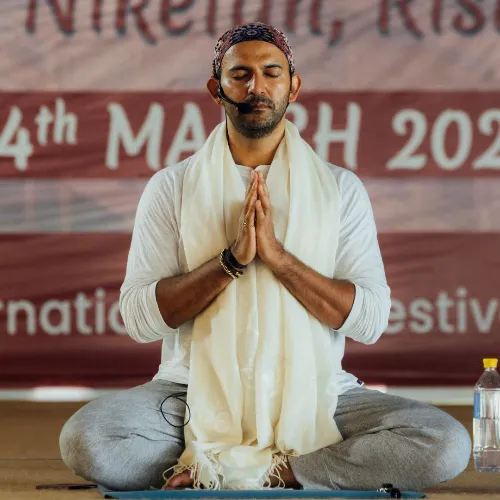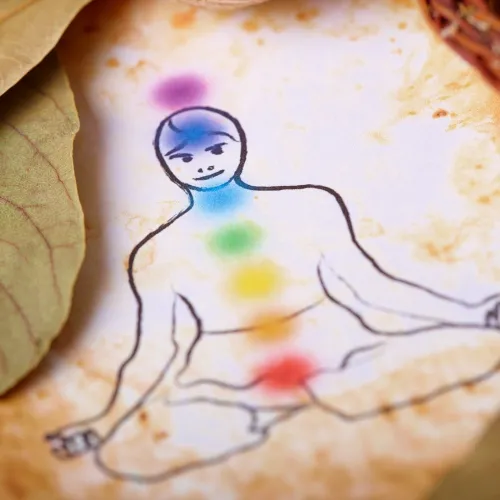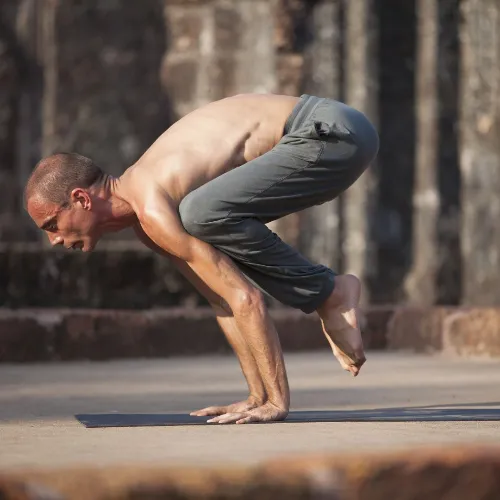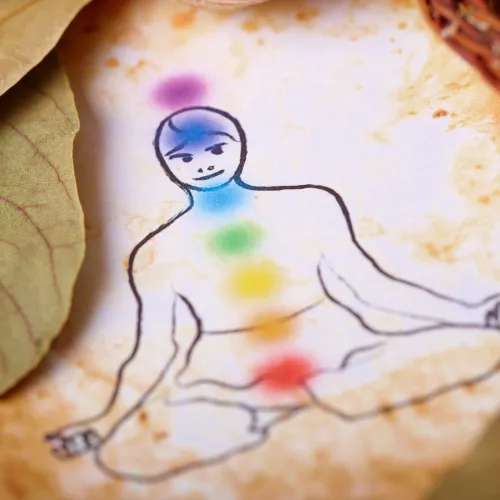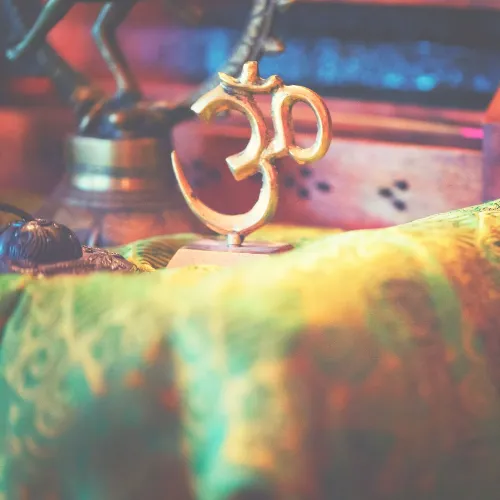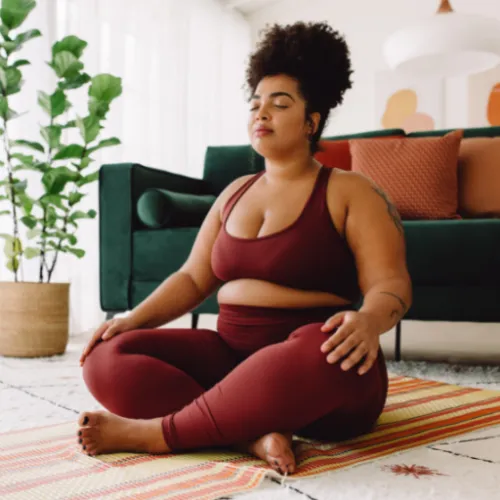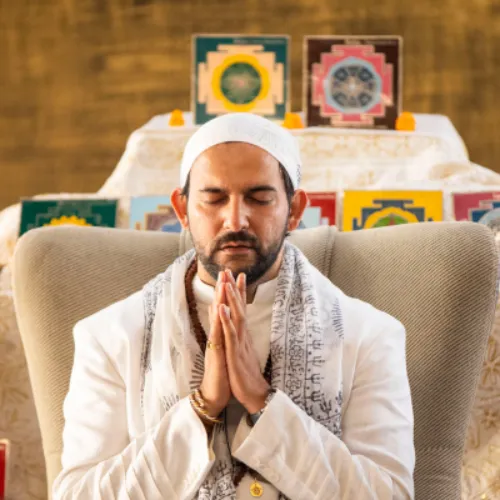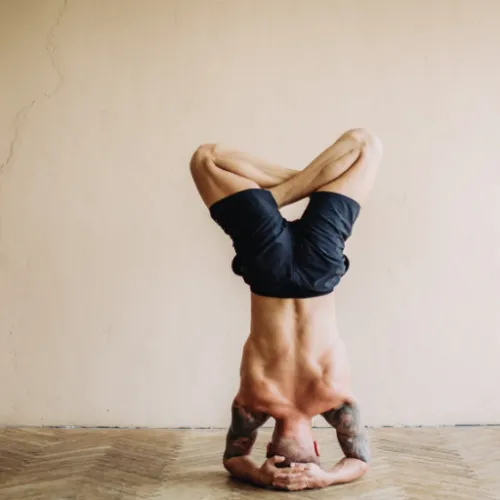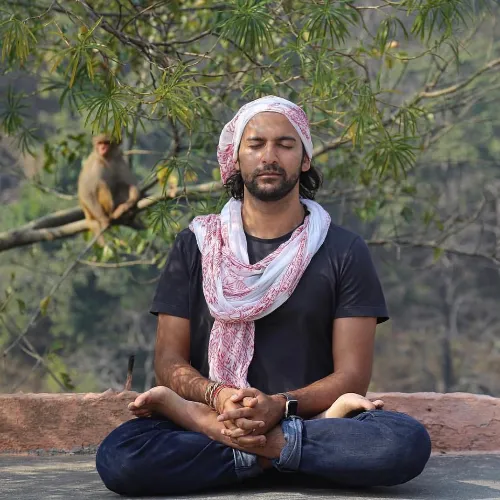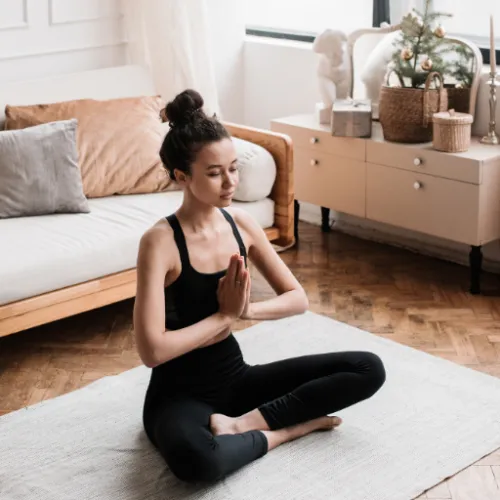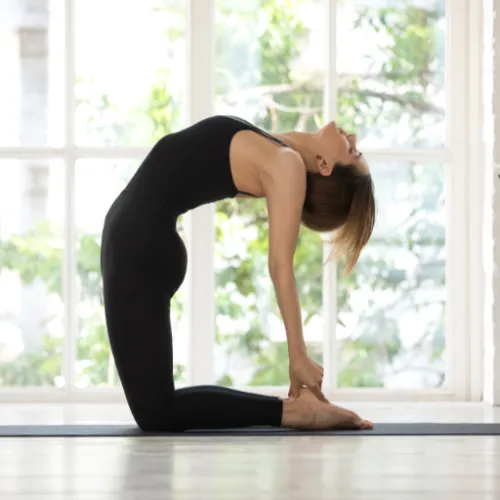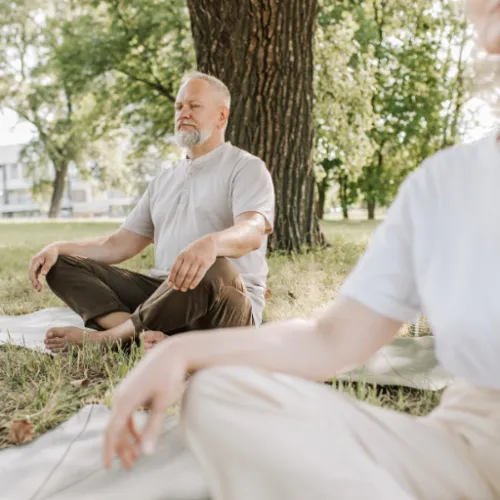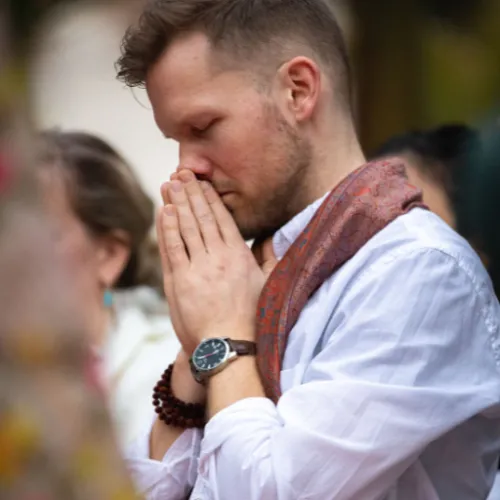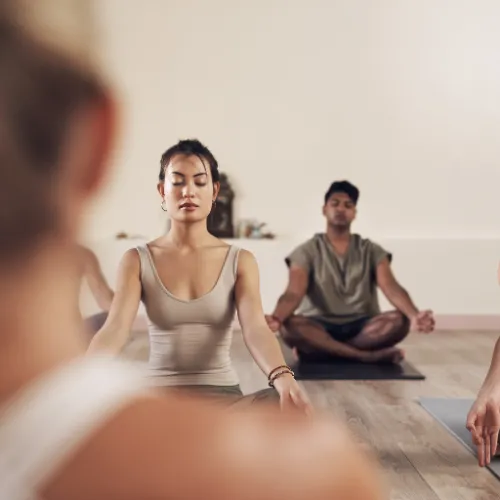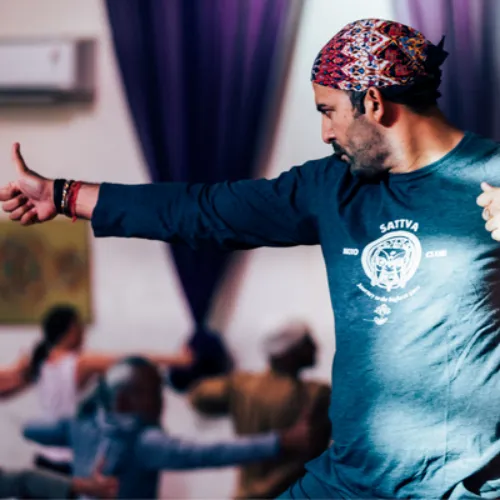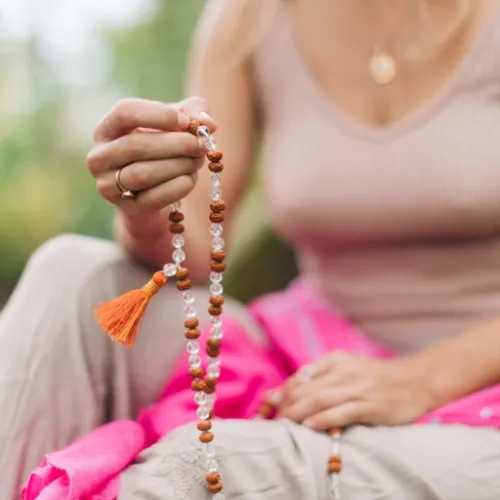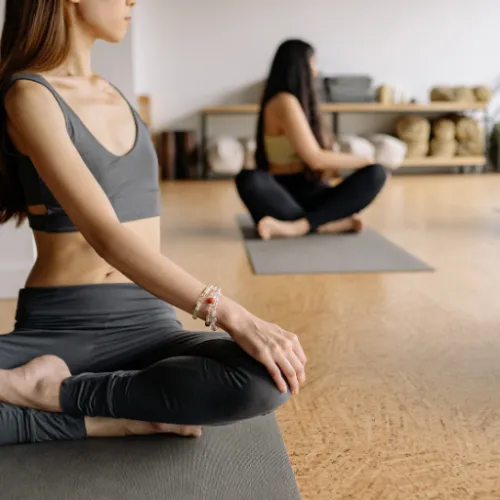

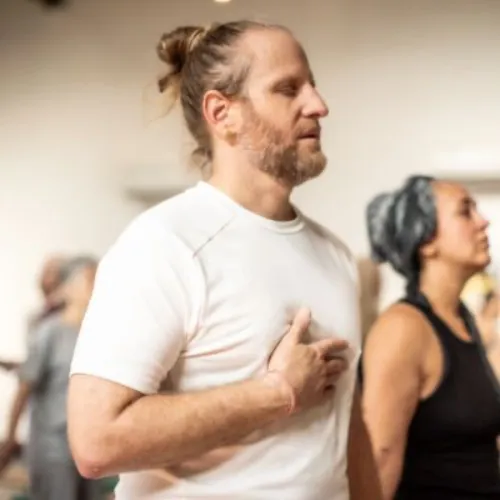
In a world that prizes productivity, perfection, and polished appearances, it’s easy to fall into the trap of self-criticism. We compare ourselves, chase impossible standards, and often treat our own mistakes with far less kindness than we would offer a friend.
But true well-being begins with self-compassion — the art of meeting ourselves with care, tenderness, and acceptance, especially in our most vulnerable moments.
Yoga, with its deep roots in awareness, presence, and non-judgement, is a powerful tool for cultivating this inner kindness. Through breath, movement, stillness, and mindful attention, yoga teaches us to show up for ourselves with patience and love.
What Is Self-Compassion?
Dr. Kristin Neff, a pioneer in self-compassion research, defines it simply as:
“Treating yourself with the same warmth and understanding you would offer to a dear friend in a moment of struggle.”
It includes three core elements:
Self-compassion isn’t about self-indulgence or letting yourself off the hook. It’s about seeing clearly, holding yourself with care, and responding to difficulty with wisdom.
How Yoga Nurtures Self-Compassion
Yoga provides a sacred space to witness, accept, and honor yourself as you are — not as you think you should be. Here's how the practice supports the growth of self-compassion:
1. Non-Judgmental Awareness
Yoga begins with awareness — of body, breath, thought, and feeling. Every time you step onto the mat, you’re invited to observe yourself without judgment.
There’s no perfect pose. No perfect practice. Just this moment.
By letting go of comparison and expectation, you learn to meet yourself where you are. This awareness creates space for acceptance, which is the ground from which self-compassion grows.
2. Gentle Movement & Listening to the Body
Yoga reconnects you with your body — not as an object to perfect, but as a living, breathing part of your being to listen to and care for.
Some days, your body will feel strong.
Some days, it may need rest.
Both are valid. Both are worthy.
When you honor your body’s needs without judgment, you begin to practice kindness in action — the essence of self-compassion.
3. The Breath as a Balm for the Nervous System
Breathwork (pranayama) is one of yoga’s most powerful tools for calming the mind and soothing the nervous system.
Techniques like Ujjayi or Diaphragmatic Breathing help quiet the inner critic and create a sense of emotional safety — a state where self-compassion can thrive.
The breath is your anchor. Each inhale, a chance to receive. Each exhale, a moment to let go.
4. Restorative Practices for Self-Acceptance
Gentle yoga — such as yin or restorative yoga — offers a space to be with yourself without striving or performing. Supported by props, held in stillness, you are reminded that rest is not weakness, and that being held is healing.
In these quiet, nurturing spaces, you learn to soften your inner dialogue and welcome yourself as you are — which may be the deepest form of self-compassion there is.
5. Meditation for Inner Kindness
Meditation brings self-compassion to life. Practices like Mindfulness Meditation and Loving-Kindness Meditation (Metta) help shift your internal voice from judgment to understanding.
In Metta, you offer phrases such as:
“May I be safe. May I be well. May I be kind to myself.”
These words, repeated with intention, begin to reshape the way you relate to yourself — building a foundation of inner warmth that extends naturally to others.
Integrating Self-Compassion into Your Yoga Practice
Here are a few ways to infuse your practice with kindness:
The Path of Self-Compassion
Yoga is more than poses — it is a practice of remembering. Remembering that you are already whole. That you are worthy of love not despite your imperfections, but through them.
With each breath, each mindful movement, each moment of stillness, yoga gently teaches you to become your own ally.
So the next time you roll out your mat, let it be an invitation.
Not to fix yourself — but to meet yourself.
With love. With patience. With compassion.
Because in the end, the most transformative relationship you'll ever have is the one you hold with yourself.
Take Your Practice Deeper:
Explore our Online Yoga & Meditation Courses to integrate compassion, mindfulness, and inner awareness into your daily life.



